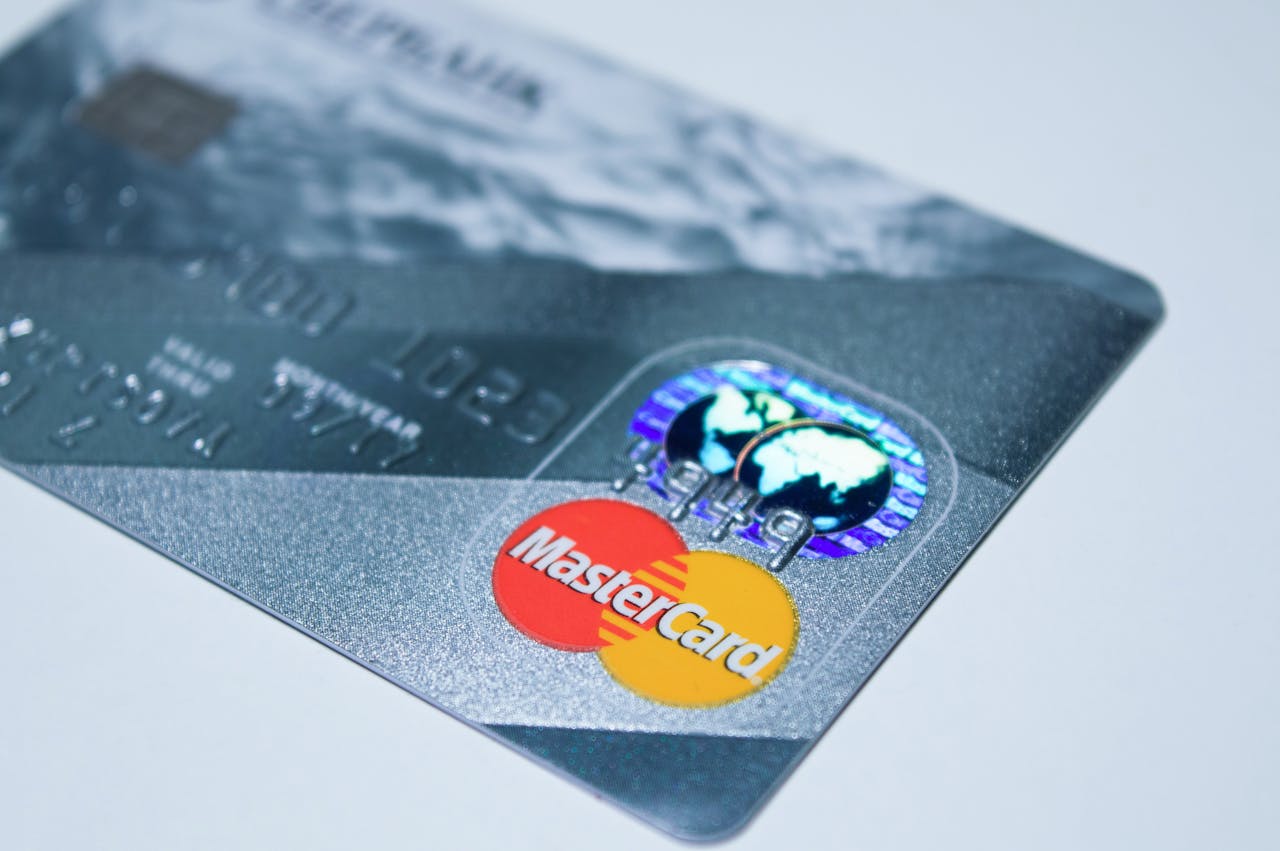The Shadowy World of Credit Card Scammers: Unveiling the Tactics, Risks, and Prevention Measures
In the interconnected digital landscape of today, credit card fraud has emerged as a pervasive and sophisticated threat, with scammers employing increasingly cunning tactics to exploit unsuspecting individuals. From phishing schemes to skimming devices, credit card scammers utilize a variety of methods to steal sensitive financial information and perpetrate fraudulent transactions. In this article, we delve into the shadowy world of credit card scammers, exploring their tactics, the risks they pose, and the measures individuals can take to protect themselves.
Understanding the Tactics:
Credit card scammers employ a myriad of tactics to gain access to individuals’ financial information. One common method is phishing, where scammers use deceptive emails, text messages, or phone calls to trick victims into divulging their credit card details, passwords, or other sensitive information. These phishing attempts often masquerade as legitimate entities, such as banks, retailers, or government agencies, luring victims with promises of prizes, discounts, or urgent notifications.
Another prevalent tactic used by credit card scammers is skimming, wherein malicious actors install covert devices on ATMs, gas pumps, or point-of-sale terminals to capture credit card data as it is swiped or inserted. These skimming devices are often undetectable to the untrained eye, making it easy for scammers to surreptitiously harvest large volumes of credit card information.
In addition to phishing and skimming, credit card scammers may also engage in card-not-present fraud, where stolen credit card information is used to make unauthorized online purchases or transactions. With the rise of e-commerce and digital payment platforms, this form of fraud has become increasingly prevalent, posing significant challenges for merchants and consumers alike.
The Risks:
The risks associated with credit card scammers are manifold and far-reaching. Beyond the immediate financial losses incurred through unauthorized transactions, victims of credit card fraud may also experience damage to their credit scores, identity theft, and emotional distress. Moreover, the fallout from credit card fraud can extend to merchants, financial institutions, and the broader economy, resulting in increased costs, diminished consumer confidence, and regulatory scrutiny.
Furthermore, the impact of credit card fraud is not limited to financial losses alone. Victims may also suffer from psychological effects such as anxiety, stress, and a sense of violation, as their trust and sense of security are shattered by the malicious actions of scammers. In some cases, victims may face prolonged legal battles or difficulties in reclaiming stolen funds, adding further complexity and frustration to an already distressing situation.
Prevention Measures:
While credit card fraud remains a pervasive threat, there are proactive steps individuals can take to minimize their risk of falling victim to scammers. These include:
- Vigilance and Awareness: Stay informed about common scams and fraud tactics, and remain vigilant when sharing personal or financial information online or over the phone.
- Secure Transactions: Use secure and reputable websites for online purchases, and be cautious when entering credit card information on unfamiliar or unsecured platforms.
- Monitor Accounts: Regularly monitor credit card statements and transaction histories for any suspicious or unauthorized activity, and report any discrepancies to your financial institution immediately.
- Enable Security Features: Take advantage of security features offered by credit card issuers, such as fraud alerts, transaction notifications, and two-factor authentication.
- Protect Personal Information: Safeguard sensitive information such as credit card numbers, passwords, and social security numbers, and be cautious when sharing this information with others.
- Report Suspicious Activity: If you suspect that you have been targeted by credit card scammers or have fallen victim to fraud, report the incident to your financial institution, the Federal Trade Commission (FTC), and local law enforcement authorities.
By adopting a proactive and vigilant approach to credit card security, individuals can minimize their risk of falling victim to scammers and protect themselves from the devastating consequences of credit card fraud. In an era where digital connectivity is ubiquitous, safeguarding sensitive financial information is paramount to maintaining financial stability, peace of mind, and personal security.

Mary Smith – Writer – Finance, Relationships, Our Companions, Art & Culture







